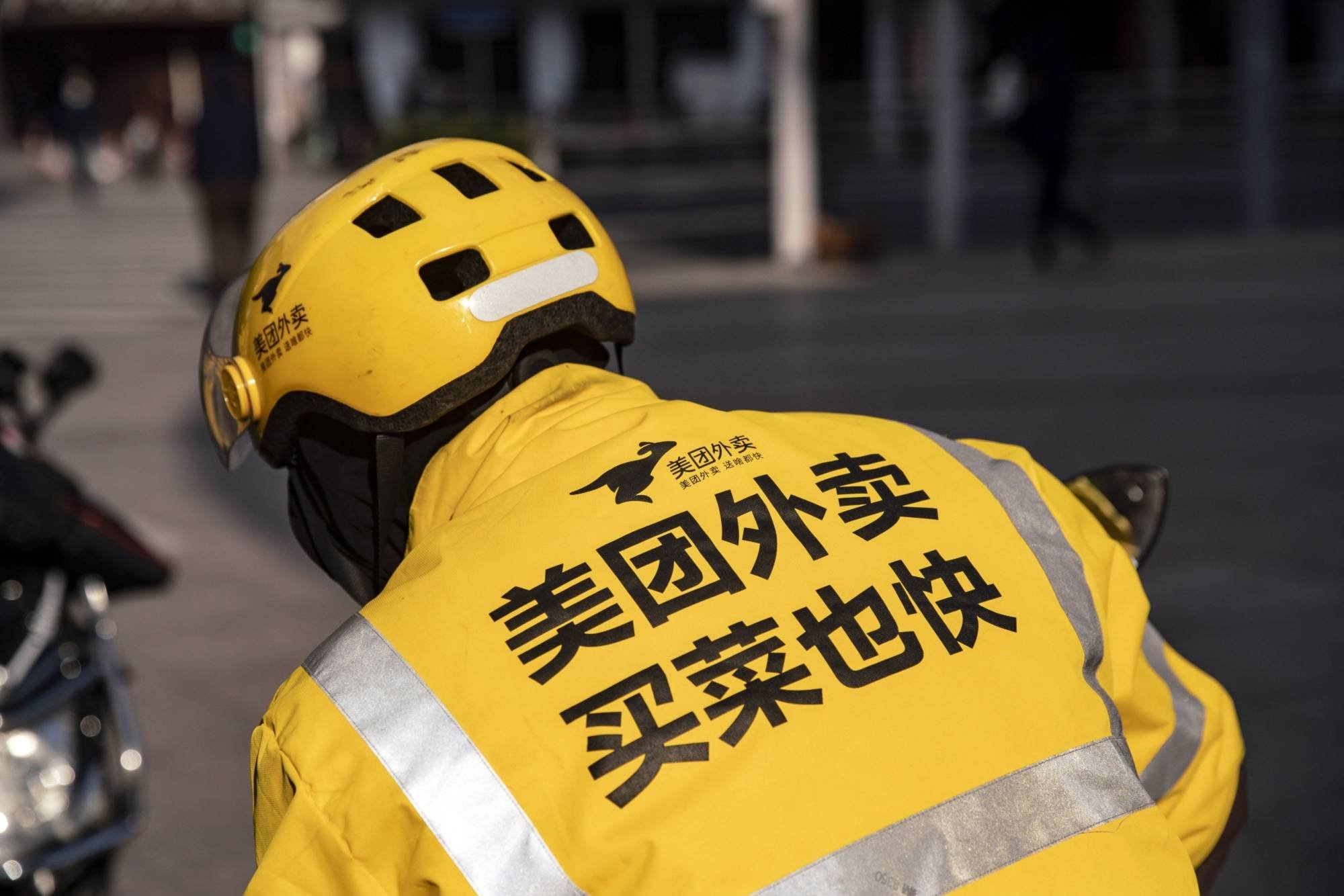On April 19, Shanghai-based American expat Jennifer placed an order on the food delivery app Meituan with no contact name for the drop-off — just a rough address: ‘Under Wuning Bridge.’
Jennifer, who requested that RADII withhold her last name, also included a note with the meal, reading, “This is for the people who sleep under the bridge. If you could, please give me a call.”
Shanghai has been her home for nine years. The city is currently fighting an uphill battle against the Omicron variant of Covid-19, which has forced the government to lockdown residents and significantly limit movement in the metropolis of 26-plus million people for nearly a month. The strict measures have also seen some essential workers stranded at their workplaces or locked out of their apartment complexes.
Straddling Suzhou Creek in Shanghai’s Putuo District, the landmark precisely known as Wuning Road Bridge can be identified by its four ionic orders and gold-gilded, maternity-themed statues.
The bridge — adjacent to Jennifer’s old address — came to Jennifer’s attention via an unsettling video. In the footage, dozens of delivery drivers take refuge beneath the structure’s framework. The workers were apparently stranded after leaving the confines of their homes and apartment blocks.
In a cruel twist of fate, these pivotal frontline workers — who are feeding the city — had run into the problem of feeding themselves.
Deeply concerned about their harsh living conditions, Jennifer marked Wuning Bridge as the drop-off location for the abovementioned Meituan food order. It didn’t matter who specifically would receive it, and she tells RADII that she had prayed the delivery guy was familiar with the area.
“I don’t think food will go to waste at a time like this,” she says. “And it doesn’t matter who is there, whether it’s a cleaner or a delivery driver. I just decided to send some food in that direction.”
Serendipitously, the driver who picked up the order — whose surname is Zhu, says Jennifer — was someone who had been camping out underneath the bridge. After a quick call, the two connected on WeChat. They now arrange group orders for other drivers who are down on their luck.
Jennifer and Zhu’s roles are clear-cut: She orders meal boxes containing a balanced mix of rice, protein, and vegetables, while Zhu facilitates the food deliveries and oversees a WeChat group cum mutual aid community.

An appreciative message to Jennifer and her team in the WeChat group
“Somebody once messaged the group saying that he needed a battery. And then somebody else was like, ‘I’m in the area. I can help’,” Jennifer shares. As a member of the group, she has witnessed extraordinary gestures of generosity and met other kindhearted folks who go above and beyond.
“Another person had his blanket and suitcase stolen. He was very frustrated and was trying to post photos of some street cleaners nearby who he thought might have stolen his stuff. The rest of the group calmed him down and said, ‘Hey, don’t do anything silly at this time. Don’t worry, I will buy you a new blanket,’” she recalls.
“It has been really awesome to see the community that we’ve built as well as the community that they’ve built among themselves.”
Along with her husband, Jennifer started to spread word of the delivery drivers’ plight to her friends in Shanghai in an attempt to raise funds. “We only sent it to about 30 friends, but all of them donated, and we were able to raise more than 10,000 RMB in under three hours that night,” she tells us.
Thanks to the donations, Jennifer was able to supply the stranded workers with food for approximately two weeks.
Unfortunately, on April 23, those living under Wuning Bridge dispersed and found shelter elsewhere after being approached by police officers.
“The head delivery guy called me and said, ‘I really, really thank you for the meals over the past few days, but we can’t go to Wuning Bridge anymore. So you don’t need to order food now’,” says Jennifer.

A delivery of drinking water and face masks facilitated by Jennifer
Nevertheless, she has continued to feed them by relaying a designated drop-off location.
Jennifer and her husband’s other laudable actions include providing water, masks, and other necessities to the delivery drivers.
“A lot of times, delivery drivers are overlooked,” points out Jennifer. “Those who are considered ‘labor workers’ — whether they’re delivery drivers or security guards — generally get taken advantage of.”
True enough, delivery drivers in China work under precarious conditions. In addition to risking traffic accidents and trying to race the clock, they face the clout of commanding delivery algorithms.
You might also like:
 “A Painful Read”: New Report on the Dangers Facing China’s Delivery Drivers Goes ViralA viral report from “People” magazine sheds light on the human impact of China’s ubiquitous food delivery systemsArticle Sep 08, 2020
“A Painful Read”: New Report on the Dangers Facing China’s Delivery Drivers Goes ViralA viral report from “People” magazine sheds light on the human impact of China’s ubiquitous food delivery systemsArticle Sep 08, 2020
Cover image via VCG; additional photos courtesy of Jennifer


















